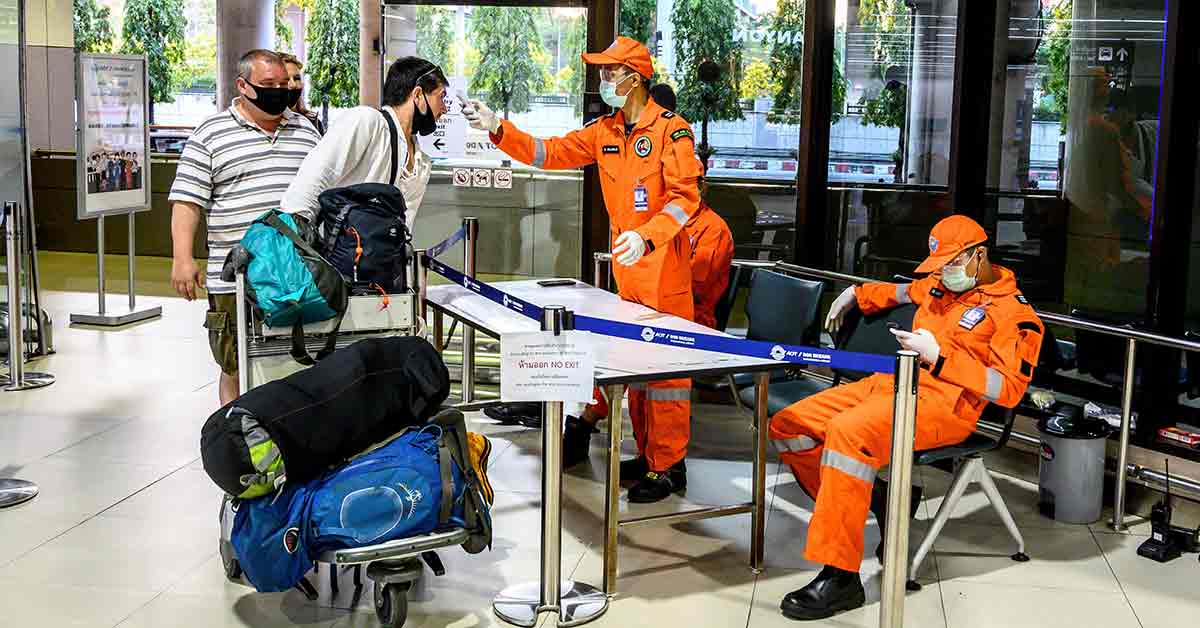Thailand's confirmed coronavirus cases rose by a third to nearly 600, the kingdom announced Sunday, as fears of a full-blown crisis take hold in a country largely spared until now.
Thailand's health ministry announced the spike was mainly in the capital, but warned residents of Bangkok not to leave and risk spreading the virus around the country.
"We would like you to stay home. Do not travel upcountry," said health ministry official Taweesin Visanuyothin.
Southeast Asia has so far been spared the worst of the pandemic that has swept the world, confining nearly one billion to their homes and killing more than 13,000.
But that could be about to change.
With a boxing stadium and nightclub among the likely transmission sites, Bangkok has now imposed tough restrictions.
Virtually all public spaces have been shuttered, from shopping malls and beauty parlours to golf courses and swimming pools.
Residents packed out supermarkets over the weekend to stockpile food, fearing a full lockdown.
Transport links are also slowly being severed.
A frontier crossing point near northern city Chiang Rai saw thousands of Thai and Myanmar citizens rushing to get home before land border closures came into effect.
Bangkok Airways and Thai AirAsia have cancelled all international flights while Thai Lion Air has grounded its fleet entirely.
Yet elsewhere in the tropical tourist destination, life continued unabated with beaches in Pattaya and Phuket thronged with sun-seekers.
One doctor at Bangkok's Chulalongkorn hospital, Thiravat Hemachudha, warned tougher measures were needed - even calling for three weeks of martial law to force people to self-isolate.
The nation is "on the verge of a crisis", he told the media, adding that hospitals were already straining under the pressure.
Meanwhile Vietnam at the weekend imposed a blanket ban on all foreigners entering the country, as the number of confirmed cases reached 113 by Sunday night.
In under-developed Myanmar and Laos, there is increasing scepticism about claims of zero cases as fears grow for their decrepit healthcare systems and fragile economies. - AFP
